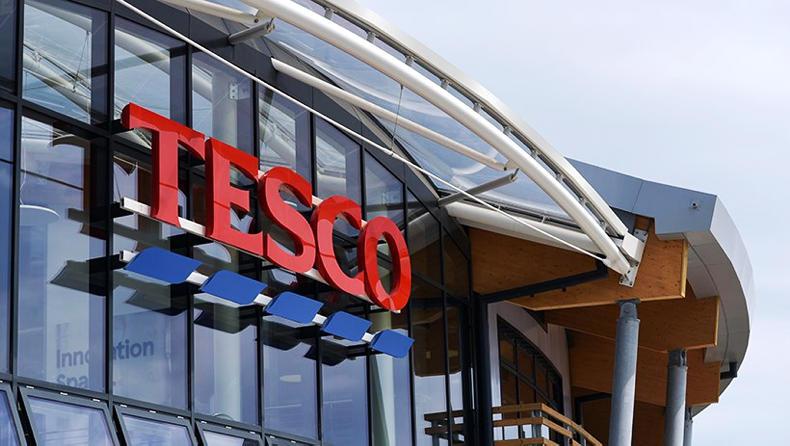Everyone in Ireland has been potentially impacted by the cyber attack on the HSE computer systems.
There is an anxious wait to see how the hackers use the data that they have captured in the process.
Cyber attacks have been occurring with increasing frequency and the HSE example is the latest and most far-reaching experienced in Ireland.
World’s largest meat processor targeted
Last weekend, it was the turn of global meat processing giant JBS to experience a cyber attack.
The effects were experienced by the Australian and US part of the organisation, and the company was unable to operate at the beginning of the week, though it is understood that business is returning and the problem is being resolved.
When an incident like this happens, it is like a kidnapping, as a ransom is demanded by the hackers to release the information they have hacked.
Dilemma
This presents a dilemma – pay the ransom and get running again, provided the hackers honour the deal.
However, if a willingness is shown to pay a ransom, the risk of repeat attacks increase accordingly.
On the other hand, choosing to not pay the ransom means the business disruption lasts until the company can rebuild its system and recover data from back up servers if they have managed to be protected.
As the HSE experience shows, this is a slow process.
Farmers at direct and indirect risk
On the face of it, farmers will feel removed from this issue and there has never been an occasion when agriculture was seriously disrupted because of hacking.
However, the reality is that as farming has become ever more technical, so does the dependence on computerisation.
Engine management systems and many functions of modern machinery are now computer controlled.
Anywhere there is a computer used, there is the risk of cyber attack, even if it is a relatively low risk.
If a JBS-type experience occurred with one of the major meat processors in Ireland, the supply chain would be instantly severely disrupted.

Selling beef to a supermarket in England is no longer about phoning the supermarket buyer on a weekly or twice-weekly basis and haggling about quantities and price.
Modern deals are in the context of a long-term trading relationship with a periodic adjustment of prices. Volumes are dictated by the rate that consumers purchase the product.
Just-in-time supply chains
Supermarket tills are linked to store stocks of the different barcoded products.
When the stock levels drop below a particular point, an order is generated with the suppliers' system and products are picked and dispatched from factory warehouses to replenish supplies.
Modern just-in-time supply chains mean that between Ireland and Britain orders are delivered within 24 to 36 hours, though of course many are serviced from retail packing units based in Britain.
If this system is interrupted, then shelves quickly empty, as was demonstrated by the panic-buying at the start of the lockdown in March last year.
Individual supermarkets do not carry any significant volume of stock, they simply receive deliveries and put the product on the shelves.
A cyber attack, or indeed any system malfunction, can quickly create chaos and the Irish agri food processing sector will have been reviewing its cyber security systems this week, hoping they can keep a step ahead of the hackers.
